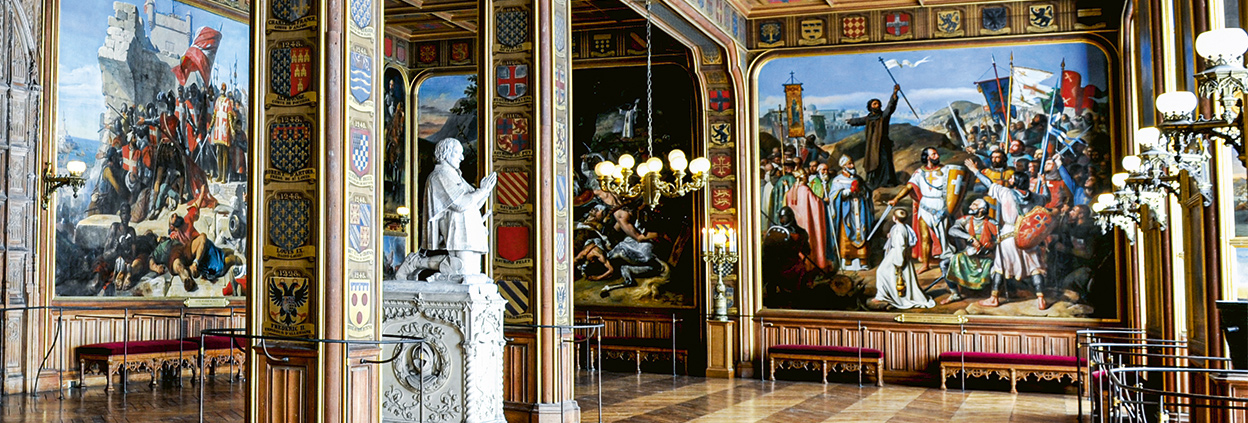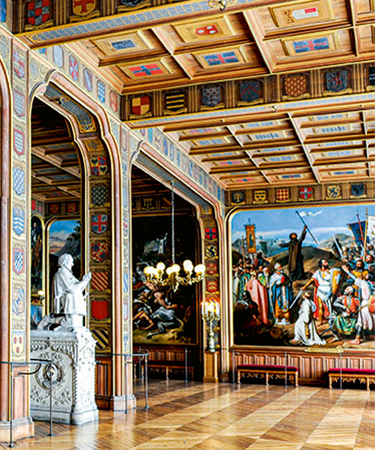Cast
Valerio Contaldo Ulysses
Lucile Richardot Penelope
Ambroisine Bré Melantho, Eurycleia, Fortune
Juan Sancho Jupiter, Telemachus
Alex Rosen Time, Neptune, Antinous
Claire Lefilliâtre Minerva
Marie Perbost Love, Juno
Filippo Mineccia Human Frailty, Pisander
Cyril Auvity Eumaeus
Jörg Schneider Iro
Pierre-Antoine Chaumien Eurymachus
Fabien Hyon Amphinomus
Les Epopées
Stéphane Fuget Direction
Presentation
In Monteverdi’s career, which left us with only three lyrical works, The Return of Ulysses to His Homeland (1640) marks a turning point in Venetian opera. Following L’Orfeo, created for the court of Mantua, this second work, three decades later, was aimed at paying audiences of Venice’s San Cassiano Theatre (opened in 1637). With opera becoming social and popular, its heroes descend from their mythological pedestal to experience the joys and sorrows of the spectators who identify with them… and come to admire singer-actors who must keep them captivated through a thrilling libretto and continually inspired music! Thanks to the ancient theme of Ulysses’ return, passion and action lie at the heart of the drama. Penelope sings of her endless waiting, her painful yet enduring hope to see the king of her heart again, while suitors besiege her to claim her hand and the throne. Ulysses’ return, finally reaching Ithaca after twenty years of wanderings, sets the drama in motion. Disguised as an old man to remain incognito, he goes in search of his son Telemachus, and then arrives at the palace for the contest Penelope has arranged: whoever can string Ulysses’ historic bow will win the queen’s hand. The old man in rags appears before the court and fulfills his revenge…
Show moreStéphane Fuget conducts this masterpiece for a recording and concert, using all the instrumental enchantments to accomplish his grand vision: restoring all the ornaments and colors to Monteverdi’s music and singing, with a magnificent cast surrounding him with passion.
Programme
Dramma in musica in three acts with a libretto by Giacomo Badoaro, premiered in Venice in 1640.
And also…
Les Caractères d’Ulysse
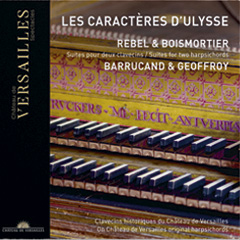
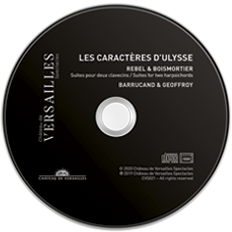
N°21


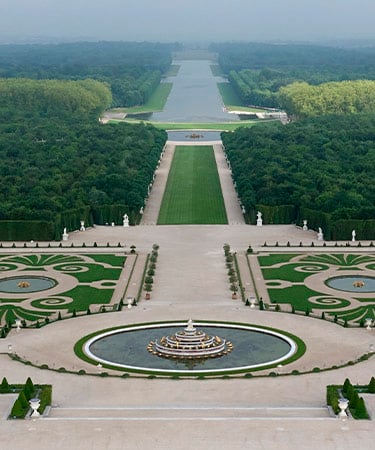






 Francais
Francais
 English
English
 support
support

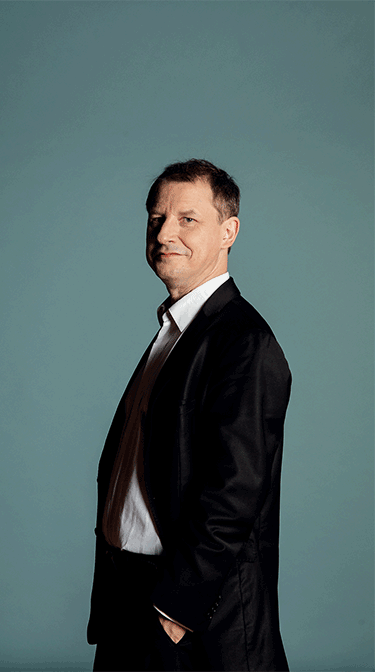
 Sunday December 5th 2021
Sunday December 5th 2021




